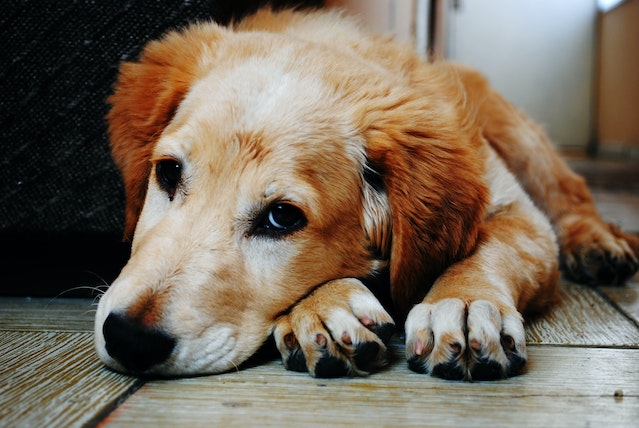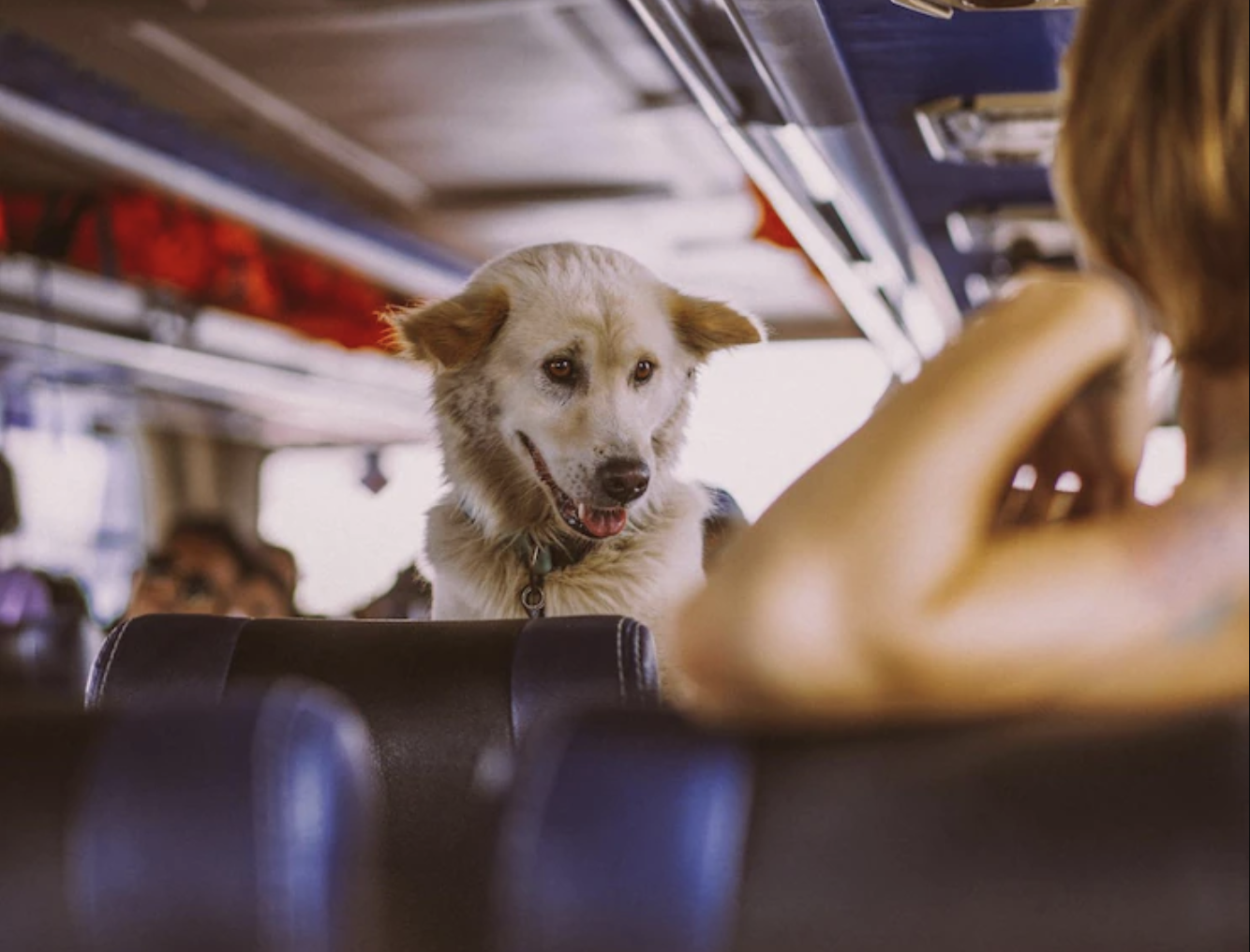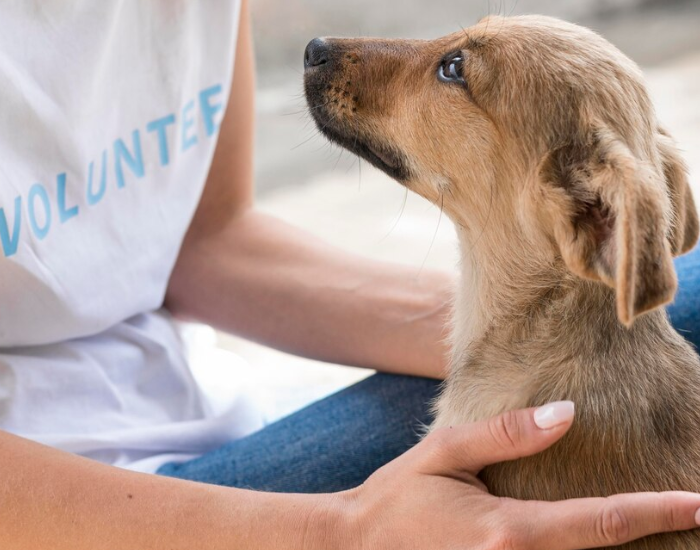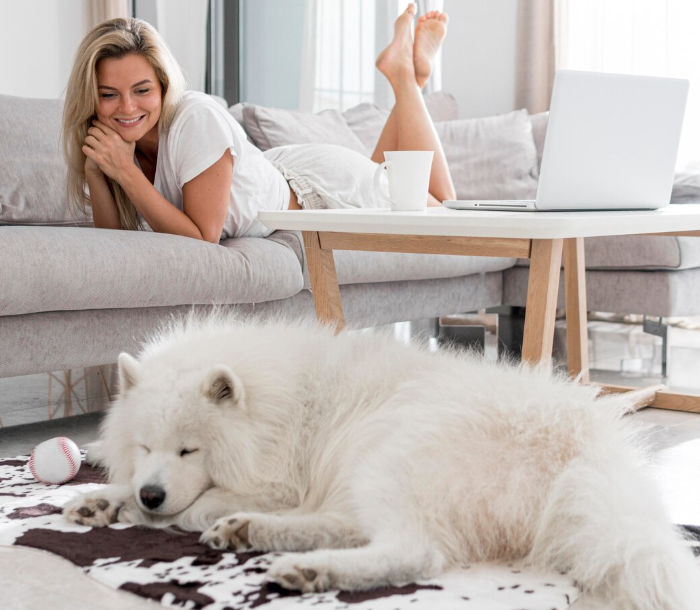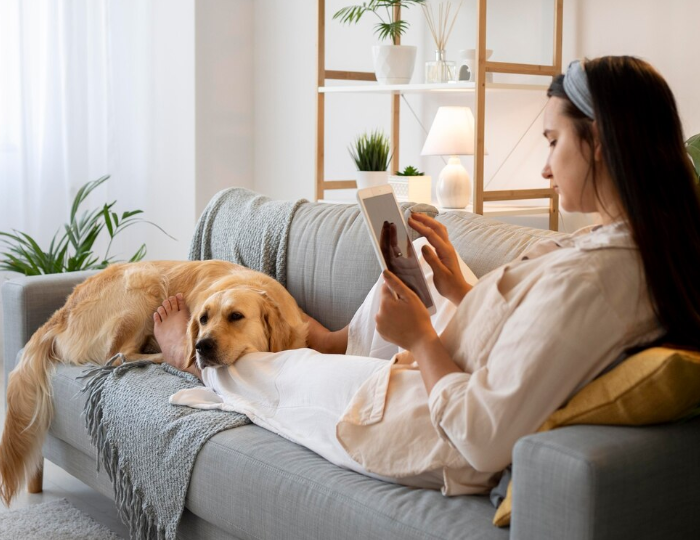Do you suspect that your beloved canine companion may be suffering from separation anxiety? It's a common issue faced by many dog owners, and understanding whether your dog is experiencing separation anxiety is crucial for their well-being. In this informative quiz, we'll help you assess the signs and symptoms to determine if your dog is dealing with separation anxiety. So, let's get started and gain insights into your furry friend's emotional state!
1. Preparing for the Quiz
Set aside some quiet time: Find a peaceful environment where you can focus on observing your dog's behavior without distractions.
Keep a pen and paper handy: You'll need to jot down your answers to the quiz questions for evaluation later.
2. Quiz Questions
Please answer the following questions based on your dog's behavior when you leave them alone:
• Does your dog excessively bark, whine, or howl when you're away?
• Does your dog display destructive behavior, such as chewing furniture or scratching doors, when left alone?
• Does your dog excessively pant or drool when separated from you?
• Does your dog have accidents indoors despite being potty trained when left alone?
• Does your dog follow you around the house constantly and display signs of distress when you prepare to leave?
• Does your dog refuse to eat or drink when you're away?
• Does your dog excessively pace, spin in circles, or engage in repetitive behaviors when separated from you?
• Does your dog try to escape or engage in frantic escape attempts when left alone?
• Does your dog excessively groom themselves, causing hair loss or skin irritation, when you're not around?
• Does your dog seem overly anxious or agitated before you leave and immediately upon your return?
3. Scoring and Evaluation
Assign a score of 0-2 points for each "Yes" answer, with 0 being "Not at all," 1 being "Occasionally," and 2 being "Frequently." Add up the scores to determine the severity of your dog's separation anxiety.
• 0-5 points: It's unlikely that your dog has separation anxiety. They may exhibit some normal behaviors when left alone, but it's within a reasonable range.
• 6-10 points: Your dog is showing moderate signs of separation anxiety. They may experience stress and discomfort when you're away, but there are strategies and techniques that can help alleviate their symptoms.
• 11-20 points: Your dog is exhibiting significant signs of separation anxiety. It's crucial to address their anxiety to prevent further distress and ensure their overall well-being. Consulting with a professional dog trainer or veterinarian experienced in separation anxiety is recommended.
4. What to Do Next
• If your dog scored low on the quiz: Continue providing them with love, attention, and mental stimulation. Gradually expose them to short periods of alone time to reinforce their confidence and independence.
• If your dog scored moderately: Consider implementing training techniques and enrichment activities to help reduce their anxiety. Consult with a professional for guidance tailored to your dog's specific needs.
• If your dog scored high: Seek professional help from a certified dog trainer or veterinary behaviorist who specializes in separation anxiety. They can create a customized treatment plan to address your dog's anxiety and improve their quality of life.
By taking this quiz, you've gained valuable insights into whether your dog may be experiencing separation anxiety. Remember, understanding your dog's emotional well-being is essential for providing them with the care and support they need. Whether your dog requires minor adjustments or professional intervention, there are resources available to help you address separation anxiety and strengthen the bond with your furry companion.
Additional Tips for Managing Separation Anxiety
• Establish a consistent routine: Dogs thrive on routine, so establish a predictable schedule for feeding, exercise, and alone time to help them feel secure.
• Create a comfortable space: Designate a safe and cozy area for your dog when you're away. Include their bed, toys, and comforting scents to provide a sense of security.
• Consider natural calming aids: Some dogs may benefit from natural calming aids, such as pheromone diffusers or anxiety wraps, which can help reduce their stress levels.
• Gradual departures and arrivals: Avoid making a big fuss when leaving or returning home, as this can increase your dog's anxiety. Keep your arrivals and departures low-key to help them develop a sense of normalcy.





